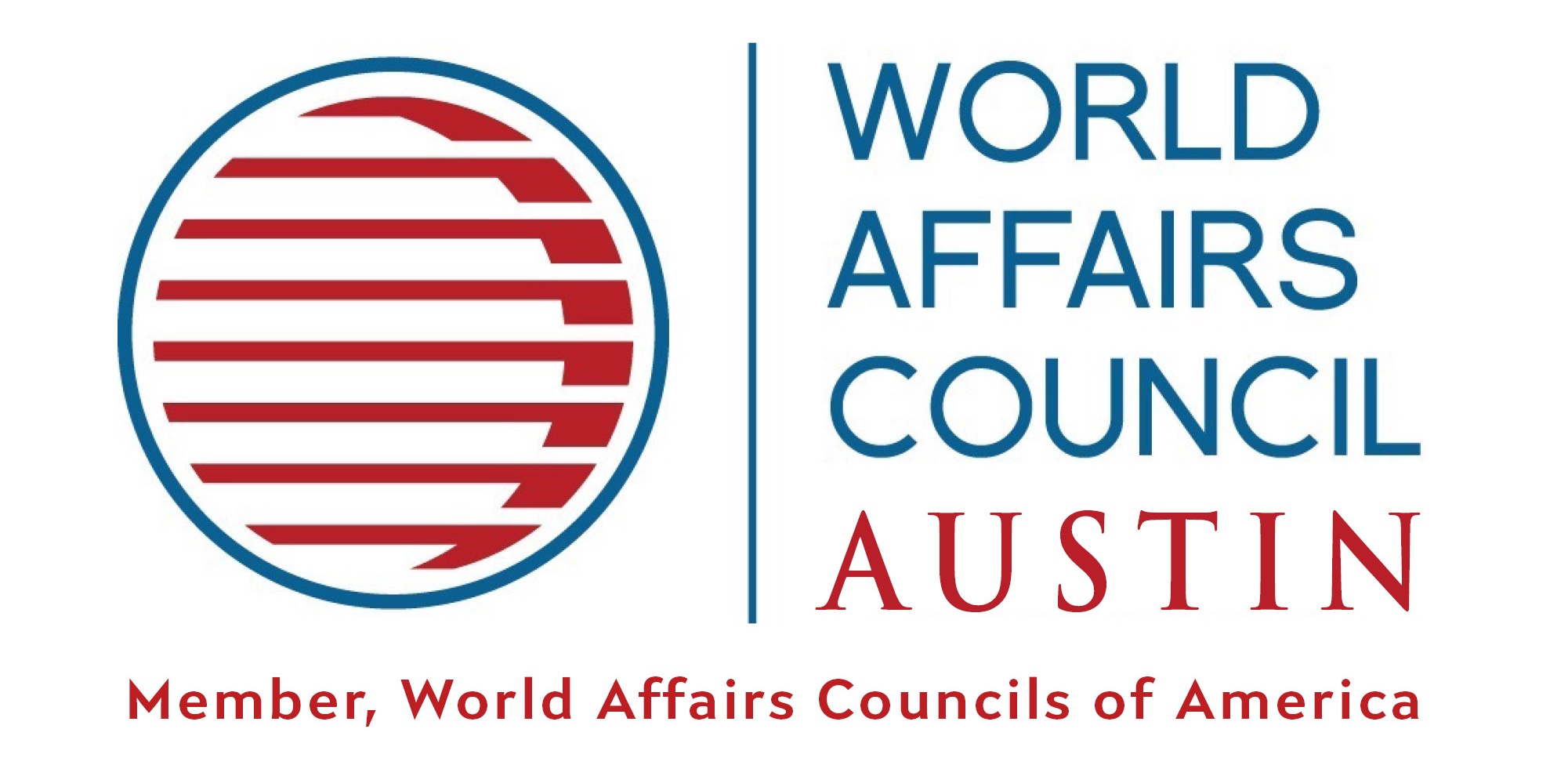Brexit in the Bardo
By Raye Elizabeth Ward
As I made my way to the Capital Factory, that go-go hive of entrepreneurial-ism in the center of Austin, to hear what the U.K. Dept. of International Trade had to say about Brexit, I thought about a University of London marketing class I took years ago. The professor, a Scot, turned to a world map. He drew a line between Europe and the United Kingdom. Then he drew an arrow across the Atlantic pointing toward the United States and made a prediction: At some point, the British will break away from Europe and join the United States in an economic block. Prescient fellow.

Borders, walls and disagreements
It takes guts to tell your story when the facts aren’t clear, but the U.K. team did an admiral job. Representatives from the British Consulate’s Department for International Trade, law firm Taylor Wessing and accountancy Blick Rotherberg were optimistic that even the Irish border conundrum could be resolved — at the last minute (“That’s the way Europeans do things.”).
It was one day after Parliament sent Prime Minister Theresa May once more into the breach of negotiations with the European Union, and less than a week after Congress reached an agreement to pause the longest government shutdown in U.S. history so our elected officials could settle a disagreement about a wall between neighbors.

Do we stay or do we go?
Ross Allen, the New York City-based director at the U.K. Department for International Trade led the discussion, reminding us that the United Kingdom has a special relationship with the United States. The two countries are genetically linked — in language, history, laws and culture — and those commonalities matter a great deal.
Data Privacy: Privacy continues is a hot button for the U.S. GDPR is in place in the U.K., as is Privacy Shield. Regulation is a moving target, but there is a common foundation.
Business Headquarters: “Pragmatism” is the operative word. Considerations such as degree of industry regulation, the need to move people around Europe, the size of the organization, labor laws and tax rates all factor into a decision.
Regional Differences: London will continue to be its own country, as are all great cities. But other regions, particularly the north, where businesses that rely on international supply chains will be hit hard – Leeds, Northern Ireland, Wales. I read this morning that U.K. automotive production declined 8% in 2018, as investment plummets and jobs disappear.
Trade: Separate trade agreements are in the works with Israel and talks are underway with South Korean and Japan.
Defense: NATO, an intelligence community that’s joined at the hip.
Worst case scenario? On March 29, Parliament decides not to decide. A second referendum to stay in the E.U.? Too late and too expensive. Unlikely.
The first British woman knight?
Every muddle has its heroes, and I asked Vice Consul Haileigh Meyers and her Silicon Valley-based colleague David what they thought about Prime Minister Theresa May.
She (Mrs. May) is a true public
servant, and she realizes she needs to get this done. She’s driven by a
commitment to public service.UK International Trade and Investment
British Consulate-General

Imagine taking a job that no one else wants, a job that brings you defeat and humiliation by even your closest allies. Imagine sticking with that job as other opportunities more to your liking and skill set pass you by. If you haven’t read the New Yorker piece on Mrs. May, do. Here’s hoping Queen Elizabeth, another woman who knows a great deal about sacrifice in the name of public service, can offer guidance from her own long tenure as leader of a nation that faced and dealt with dwindling political and economic power.
Y2K.2 ?
Closing the session, Allen tossed out a provocative idea: “What if it’s just like Y2K, and we wake up and nothing happens?” Some of us remember the panic that preceded the turn of the century hysteria about whether networks and data centers could tolerate the transition between “1999” and “2000.”
After the session, I rode down in the elevator with Drew Haas, who is moving to London next week to open the U.K. office of San Saba Pecan. They have a warehouse outside of York, and Drew will be growing the business in Europe, where almonds are vulnerable to some stiff Texas competition.
POSTSCRIPT: Inflexibility: The flip side of determined leadership?
UPDATE March 18, 2019: The BBC reports Mrs. May will try to get her proposal passed after two rejections, something the now-famous House of Commons Speaker John Bercow has ruled as a no-go unless there are “substantive changes” to the proposal. Will Mrs. May charge into the same brick wall once again?
UPDATE March 21, 2019: The meltdown.
